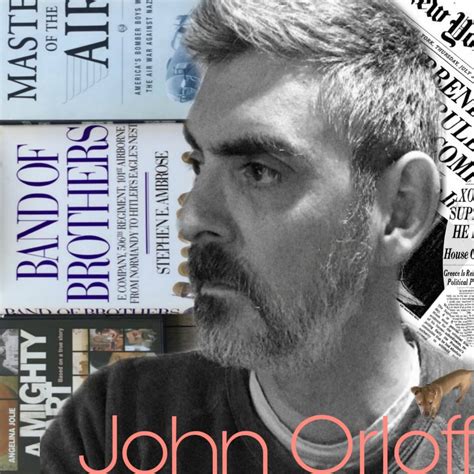A Quote by Paul Di Filippo
Consensus wisdom has it that all modern commercial fantasy novels fall into two camps: those derived from J.R.R. Tolkien and those derived from Mervyn Peake. The 'Lord of the Rings' template or the 'Gormenghast' mold.
Related Quotes
Many fantasy novels - 'Lord of the Rings', for instance, or 'Lavondyss' by Robert Holdstock - are beautifully written. Geoff Ryman's 'The Child Garden' is exquisite and utterly beguiling. Mervyn Peake's 'Gormenghast' trilogy is an astonishing piece of multi-faceted storytelling. So quality of writing does not condemn the genre.
When Peter Jackson did The Lord of the Rings trilogy with Fellowship of the Ring, not everyone had read Tolkien, and yet somehow with that scope and the spectacle of that fantasy, people were willing to give it a shot. And when they watched the first one, the characters drew them in and they started understanding the story. And then, all of a sudden, they were The Lord of the Rings fans, even if they never read Tolkien.
What little recognition the idea of obligation to the public obtains in modern morality, is derived from Greek and Roman sources, not from Christian; as, even in the morality of private life, whatever exists of magnanimity, high-mindeness, personal dignity, even the sense of honour, is derived from the purely human, not the religious part of our education, and never could have grown out of a standard of ethics in which the only worth, professedly recognized, is that of obedience.
There are two novels that can transform a bookish 14-year-old's life: The Lord of the Rings and Atlas Shrugged. One is a childish daydream that can lead to an emotionally stunted, socially crippled adulthood ...in which large chunks of the day are spent inventing ways to make real life more like a fantasy novel. The other is a book about orcs.




































